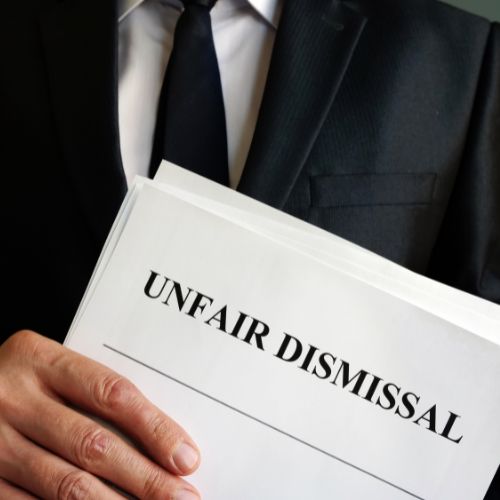An English Employment Tribunal has awarded a former NHS worker over
£92,000 in compensation for unfair dismissal and disability discrimination.
Mr Flemming was employed as an ambulance technician by East of England
Ambulance Services NHS Trust. He suffered
from mixed anxiety-depressive disorder and was dismissed after failing to
attend a series of meetings with Occupational Health. The Respondent considered it a reasonable
management instruction that he attend the relevant meetings.
Mr Flemming sought to place the difficulties he was experiencing at work
on record (he alleged he was being bullied) and contacted the Respondent’s
interim HR Director and Mr Paul Henry, Assistant Director of Operations
Support. He told them in written
correspondence that he was considering “ending it all” and said the Trust was
trying to “push him over the edge”.
The Trust’s HR Director responded with the following:
“Dear Gordon, I appreciate you may have mental health problems, but this
letter is not acceptable. In future do not write to anyone else in the trust
except me. If you continue to write such letters we will refer them to our
solicitors. Ruth’”
The Employment Tribunal commented: “In our combined 60 years’ judicial
experience we have not before seen such an appalling response… An employee
having indicated that he was seriously contemplating suicide was told not to
write accordingly otherwise such letters would be referred to the Trust’s
solicitors.”
During the course of the disciplinary proceedings prior to his dismissal,
the Claimant covertly recorded conversations between the managers who were
responsible for conducting his disciplinary process. These conversations were determined to be
admissible in Tribunal and included comments from the Manager who took the decision
to dismiss the Claimant such as:
“I mean getting up and pummelling it into him [Mr Flemming] with my
fists is probably not appropriate in terms of policy, is it?”
Unsurprising, the Tribunal was highly critical of these comments and
found that with comments such as these being made, a fair disciplinary process
could not be achieved. It also recorded
that the comments demonstrated a lack of recognition on the part of the
Disciplinary Manager that the Claimant’s behaviour could be connected to his
disability.
This case highlights the importance of adequate training for Managers
who are tasked with conducting disciplinary and grievance investigations,
including the importance of such Managers recognising when employees may be
struggling to participate in these processes due to ill health and giving due
consideration to making any adjustments required to facilitate the employee’s
effective participation.
It also highlights that covert recordings are admissible in Tribunal
proceedings. In light of this, employers
should ensure that best practice is observed at all times, whether or not the
employee is present in the room. While
it cannot completely mitigate against the use of covert recordings, employers should
update their disciplinary, IT and social media policies and training materials
to make clear that covert recording colleagues or third parties in the
workplace is forbidden and may of itself warrant disciplinary action.
Katie Buchanan is a solicitor in the Employment Department in
Worthingtons Belfast Office and can be contacted for advice on 02890434015 or [email protected].


